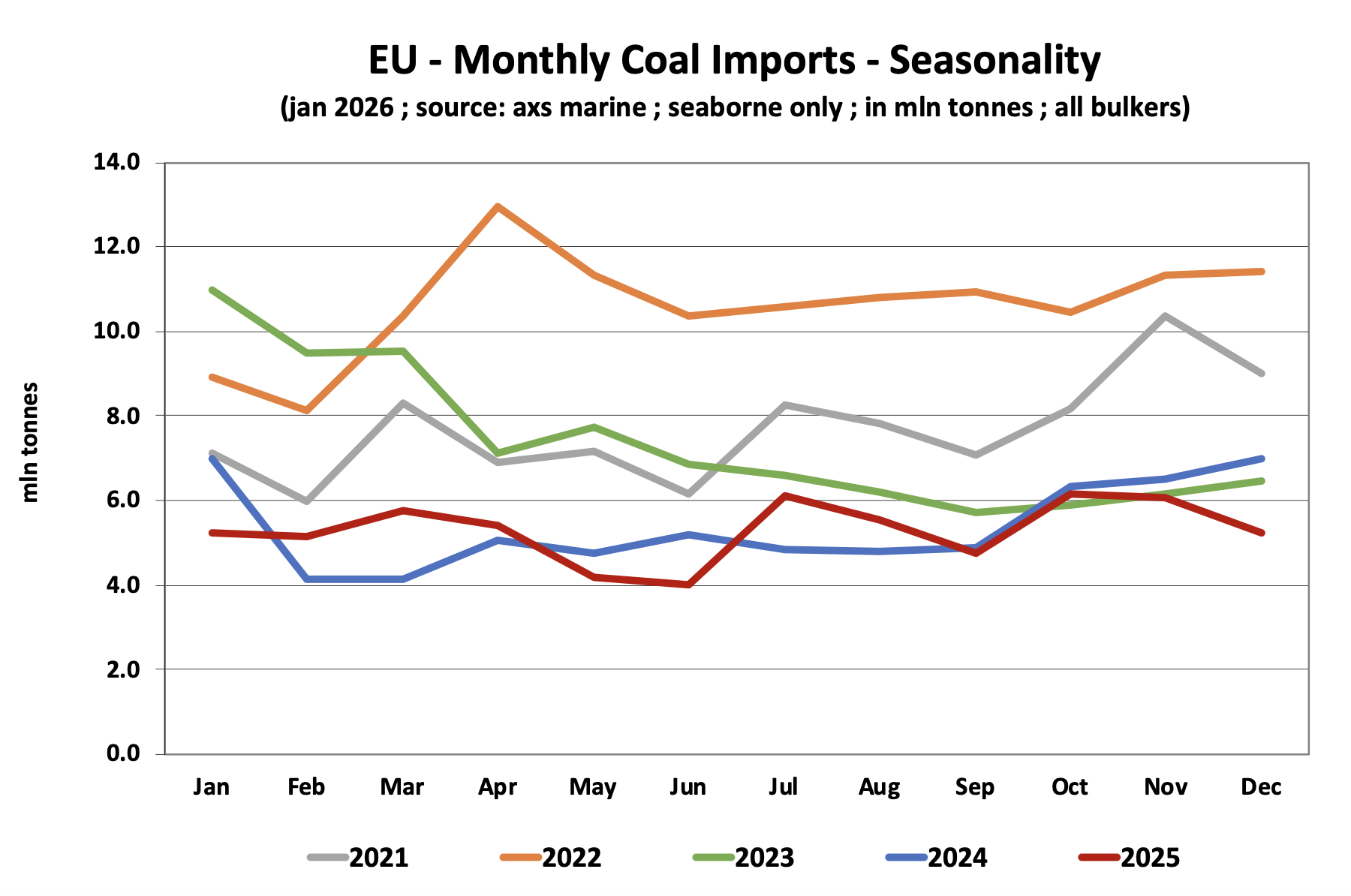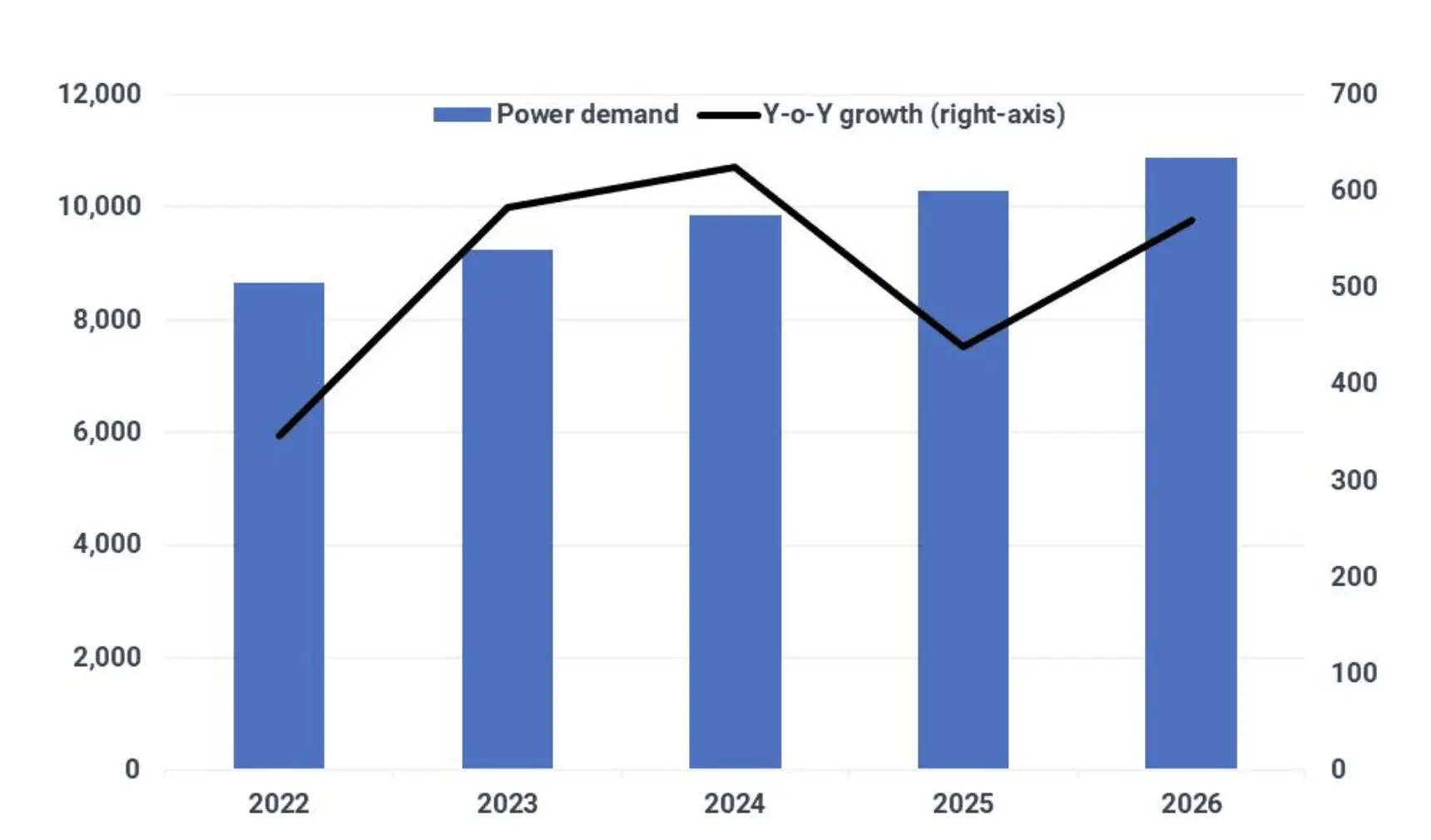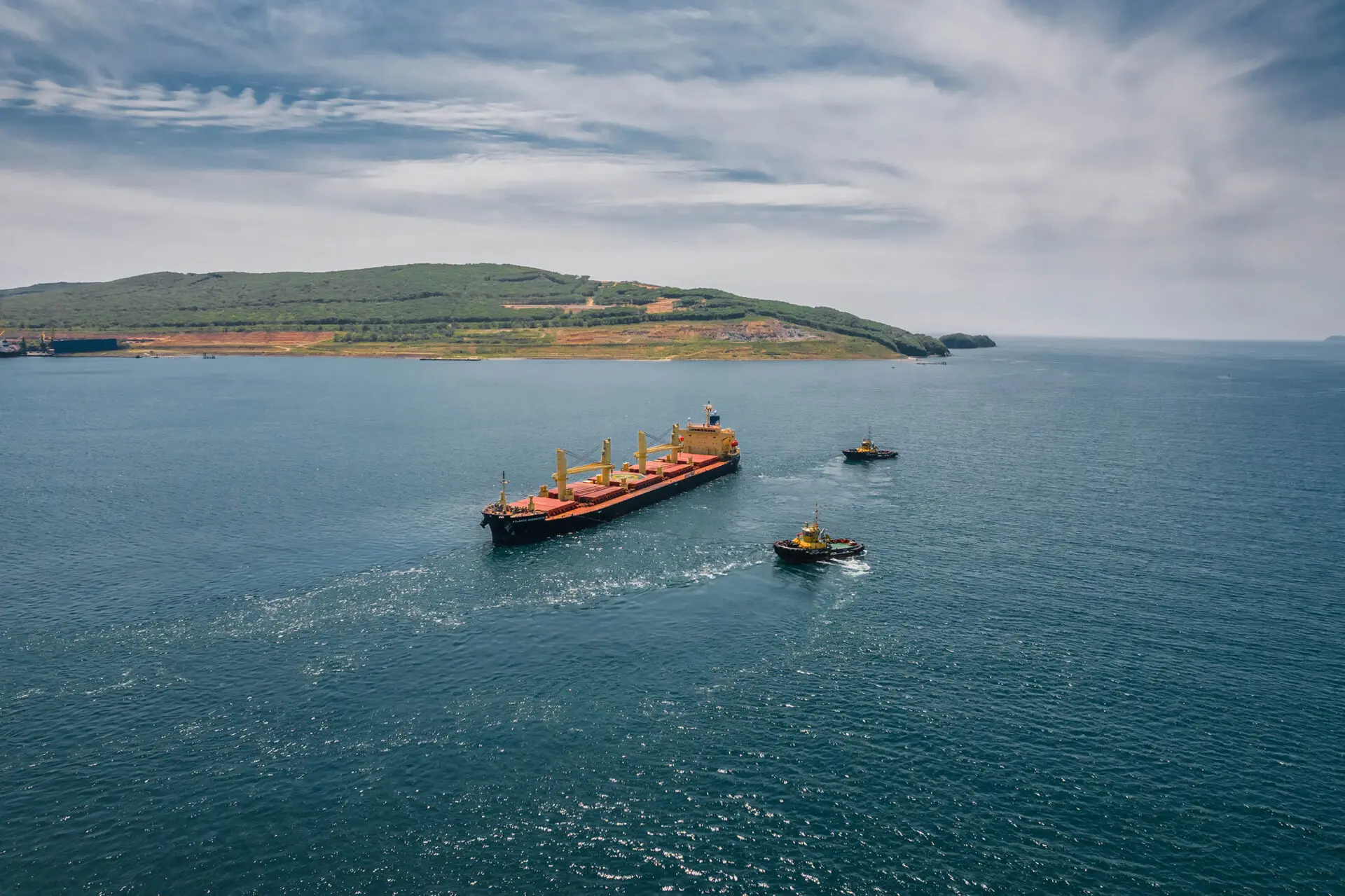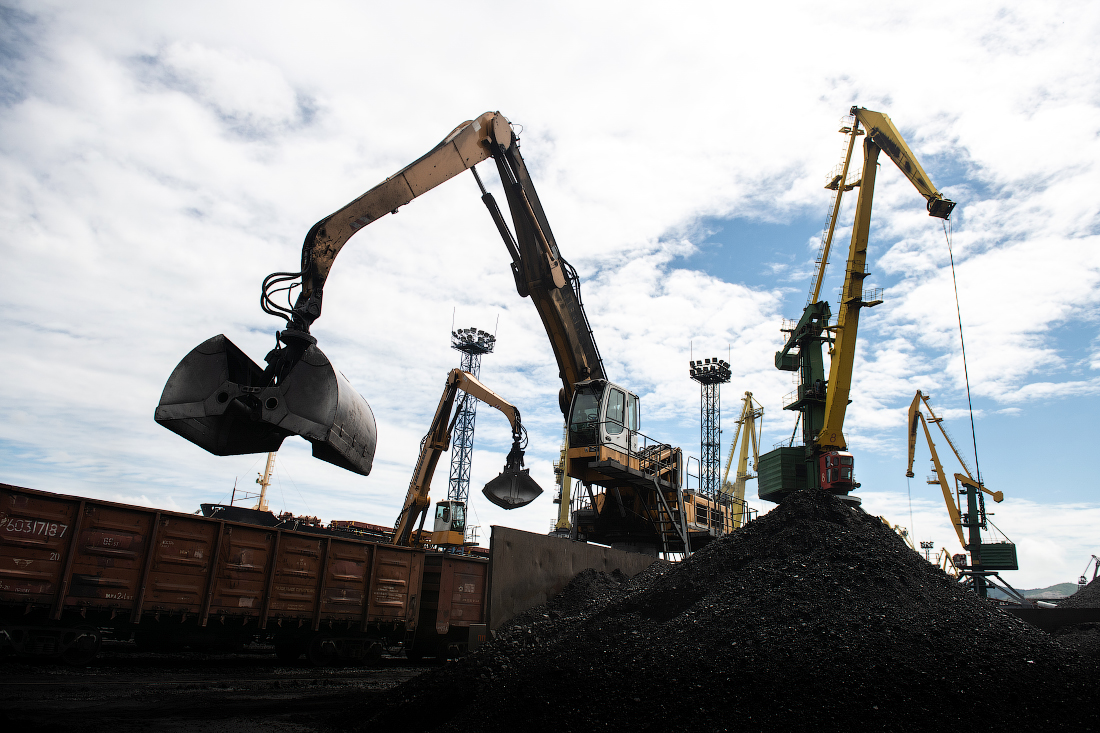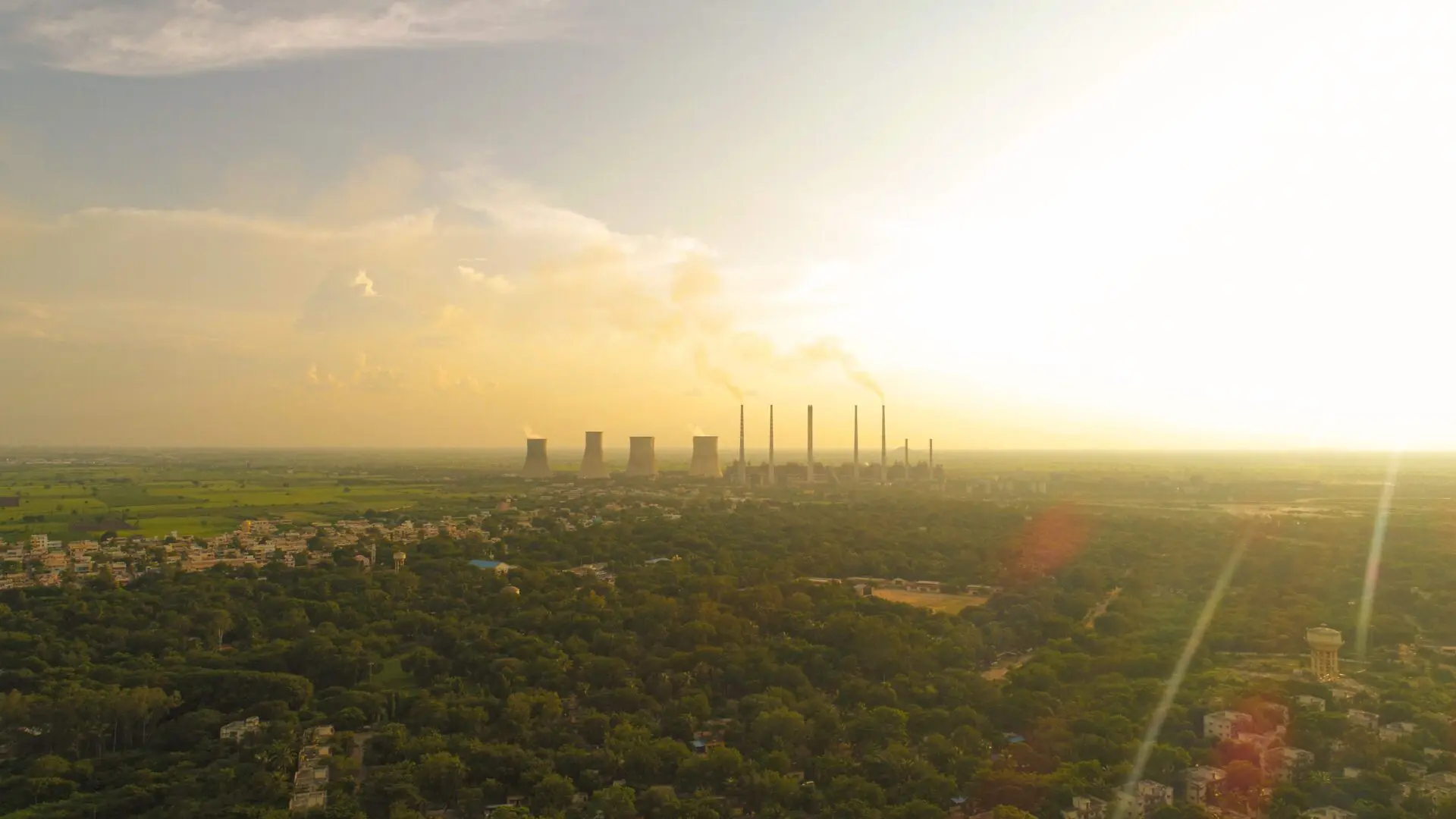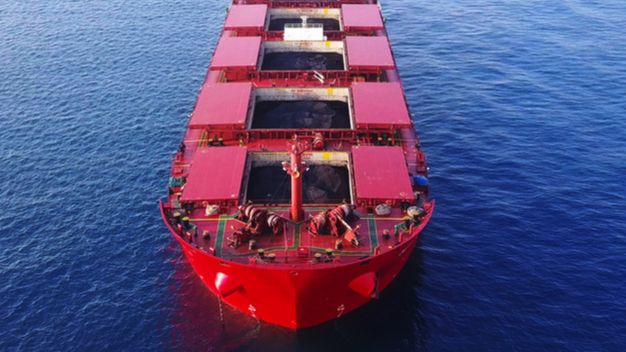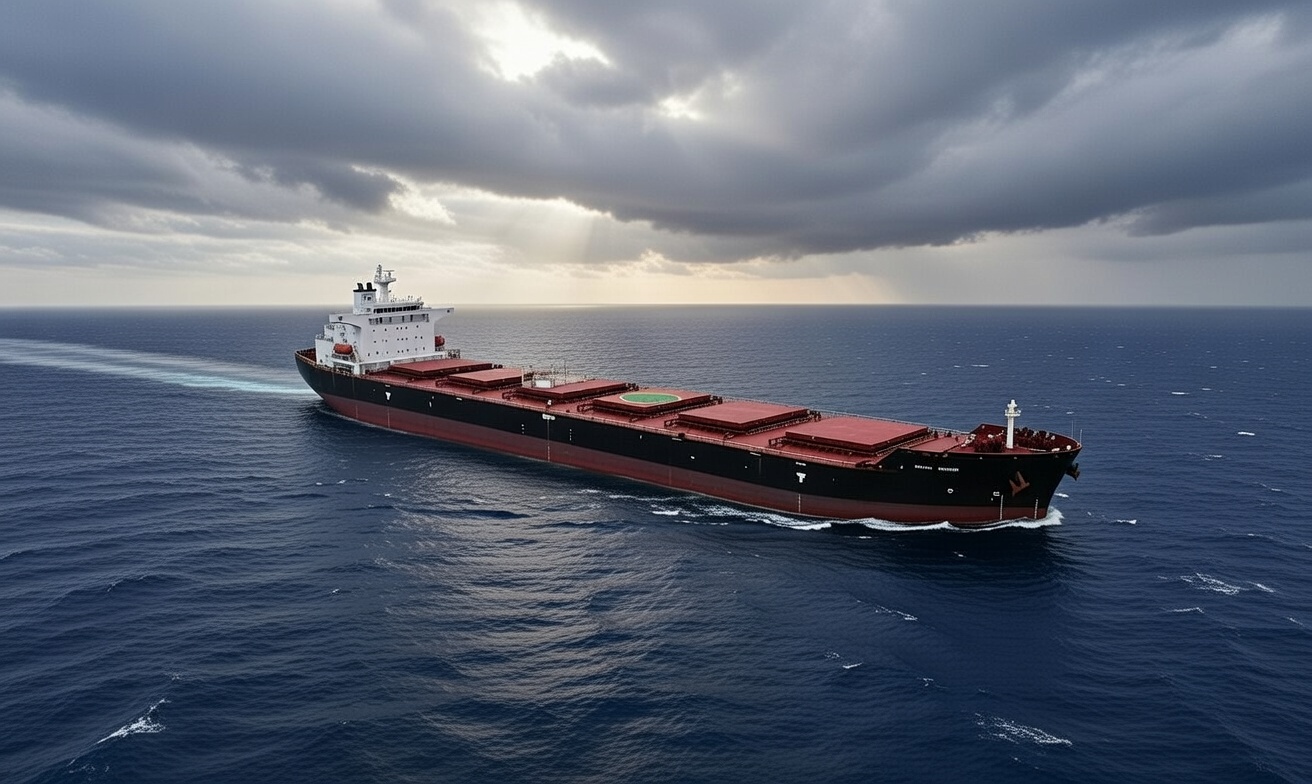

Last week thermal coal indices on the European market managed to recover above 150 USD/t, despite a forecasted increase in average daily temperature and a sharp drop in electricity and gas prices amid growing LNG supplies to Europe.
The Indonesian government’s ban on coal exports had a positive effect on South African material prices, which strengthened above 160 USD/t. The indices were supported by increased demand from India and extremely low coal stockpiles at Richards Bay Coal Terminal (RBCT), which amounted to 1.9 mio t.
RBCT exported 55 mio t of coal in 2022 (-16 mio t y-o-y). The drop in exports was due to issues with Transnet rail shipments throughout 2021, as well as civil unrest and the aftermath of Covid-19 pandemic. The exports of South African coal to India dropped to 23.5 mio t (-13.5 mio t y-o-y), while shipments to Pakistan decreased to 10.3 mio t (-2.5 mio t y-o-y). At the same time, exports to China surged to 5.4 mio t (+4.8 mio t y-o-y), while supplies to Taiwan rose to 1.9 mio t (+1.2 mio t y-o-y).
In China, spot prices for 5500 NAR increased by 16.5 USD/t up to 141 USD/t FOB Qinhuangdao. On January 10, 2022, the National Development and Reform Commission of China (NDRC) required that all energy companies should build reserves enough for at least 15 days by January 12, 2022. They must then increase reserves enough for more than 30 days before the 2022 Winter Olympics in Beijing on February 04.
A ban on coal exports from Indonesia and the spread of Covid-19 in Australia pushed the price of Australian 6000 material above 215 USD/t.
From January 10 to January 31, 2022, the Indonesian government imposed a ban on coal exports from the country to ensure the necessary coal reserves on the domestic market, strengthening Indonesian 5900 GAR to 126 USD/t.
Australian coking coal prices continued to strengthen above 400 USD/t amid steady demand in major consumption regions and a persisting supply shortage.
Source: CAA Analytics


